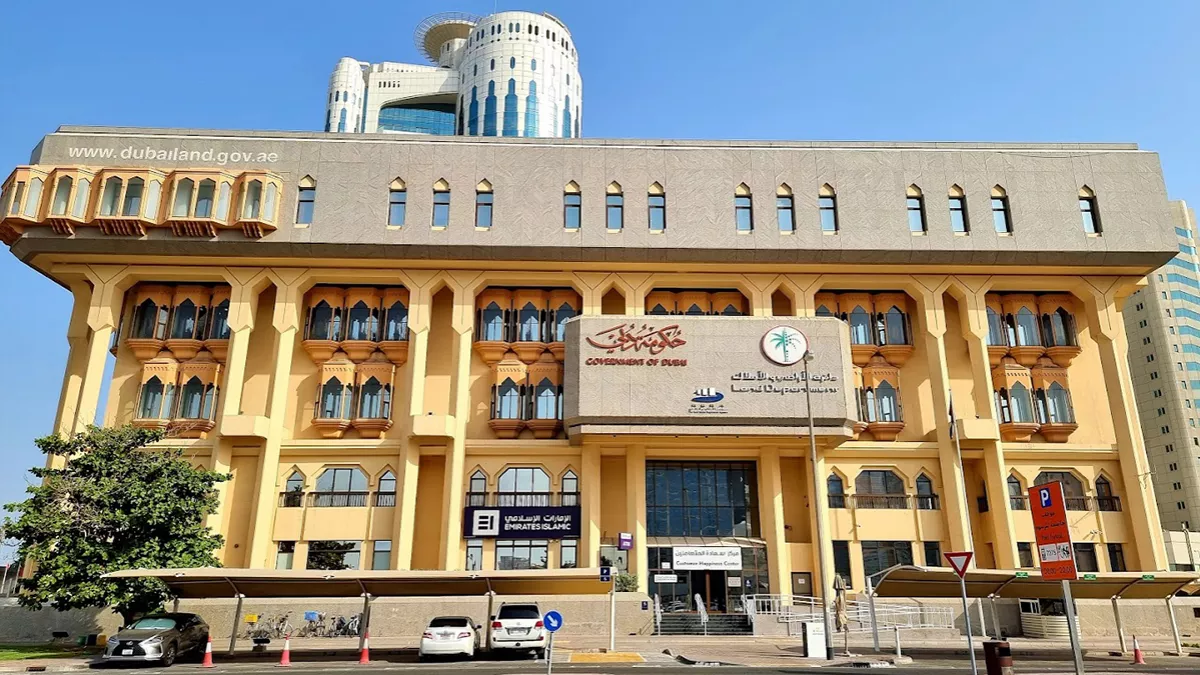
New strategic plan and vision has been launched by Dubai Land Department (DLD), shaping the features and landmarks of its directions until 2026. The new strategy will be rolled in three phases, and involves DLD’s employees, partners and customers in designing the department’s strategic plan for the next phase.
The first stage is the launch of quick-gain initiatives to ensure that DLD adapts to the proposed changes. The second stage is empowerment by working to empower the real estate sector and DLD alike and providing the necessary support to implement the transformation smoothly. The third stage is achieving sustainable impact by expanding the scope of influence to reach a global real estate system.
The strategy, in its final form, is the result of continuous efforts by various team members at DLD to ensure the best results that are compatible with current and future global developments and practices. The new strategy also constitutes a qualitative addition that would enhance the contributions of the real estate sector to Dubai’s GDP, in addition to supporting the objectives of the other sectors and strategic directions.
The efforts made while preparing the new strategic plan revealed a number of pioneering and proactive ideas, most prominent of which were five main pillars. The first is a pioneering real estate model, by enhancing the sector’s readiness and sustainability, and ensuring effective governance of the real estate sector. The second pillar is being a real estate innovation incubator by fostering a globally attractive real estate sector and harnessing technology to enable real estate solutions development. The third pillar is a data-driven sector, by maximising the added value of sector data and raising awareness, trust and transparency in the real estate sector. The fourth pillar is Agile DLD, to cultivate a flourishing digital ecosystem, enhance DLD’s operations and improve corporate governance efficiency, and foster partnership with public and private sectors. The fifth and final pillar is Exceptional Journeys 2.0, through which the focus is on shifting to employee-first culture, refreshing DLD identity and enhance its position, and move to a proactive and ‘human’-focused approach.
The strategic initiatives have also been identified, classified according to the ease of application and priority matrix, so that the team members will work to ensure their implementation in the best possible way, in cooperation with various partners and customers. This constitutes an incentive and support for the transformation and transition of DLD from the current situation to the future situation, as these initiatives are distributed over the five pillars mentioned, to contribute to providing everything that would play a pivotal role in developing the ambitious strategic plan, providing sustainable and forward-looking solutions, and addressing the opportunities and challenges that these pillars include, in addition to setting strategic performance indicators, that DLD seeks to support the sectors’ goals and strategic directions.
The development of DLD’s updated strategy was presented to ensure the best results and outputs, according to four fundamental principles, the first principle being sustainable impact by directing DLD’s efforts towards achieving evolution and sustainable development in the real estate sector. The second principle is local adaptation by adopting global practices and adapting them to the unique features and needs of the real estate market in Dubai. The third principle is global leadership by developing a plan to position Dubai as a role model in the real estate sector. The fourth principle is cooperation and harmonisation by adopting a participatory approach that includes all stakeholders and those concerned with DLD’s plan.
